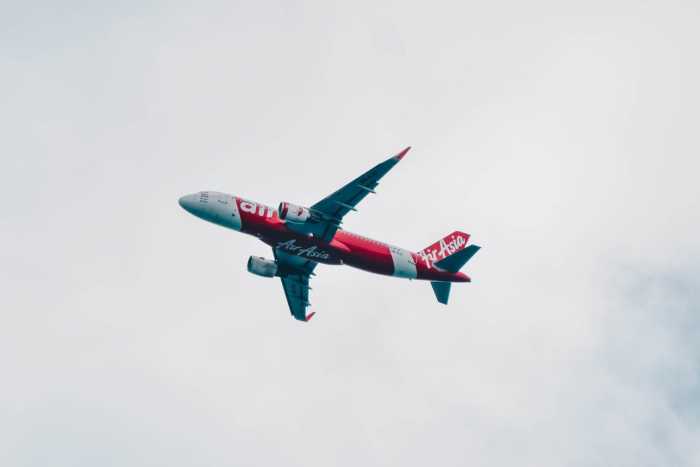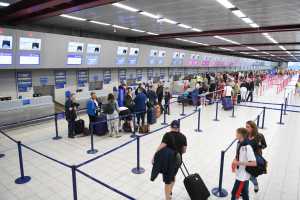
THAI Restructuring Programme Was a Success, Airline Now Looks to Expanding Again
16th Aug 2016

Thailand’s flag carrier Thai Airways International (THAI) is turning its sights to expanding its international services two years after it shrink them to cut losses. The airline has cut many of its unprofitable international routes as part of a restructuring programme.
THAI President Charumporn Jotikasthira said the following about THAI’s restructuring:
We have been restructuring for one year and eight months. The first two years are the most difficult as we need to get rid of fat and costs.
Now, however, the national airline of Thailand will start flying to Melbourne, Australia from September this year. According to Mr Jotikasthira, THAI will use the new Airbus A350s and Boeing 787-9s on this service. The two aircraft are part of the delivery of 14 planes the carrier will receive between 2016 and 2018.
Thai Airways’ restructuring programme has proven to be a success largely thanks to a significant drop in oil prices. This helped THAI lower its biggest expense – jet fuel – by 21 per cent. Thanks to this, Thai Airways reported a 2.92 billion baht loss for the Q2 2016 (April-June). In comparison, in the same period for 2015, the carrier reported a 12.8 billion baht loss.
Operating loss for the quarter was reported at 1.78 billion baht. This was 62 per cent down from last year. Furthermore, passenger yield was at 2.38 baht and the airline carried 5.11 million passengers in this period.
The carrier also booked an impairment loss of 1.75 billion baht on its assets due to additional provisions for decommissioning planes held for sales.
Another reason for Thai Airways officials to be optimistic and plan for the future is the fact that Thailand’s economy is showing signs of definite growth. In Q2, Thai economy improved by 3.5 per cent compared to the same period last year, mainly thanks to state and tourist spending.
Thai Airways officials also said they expect Thailand’s aviation industry to grow slightly in the second half of the year.
THAI, a state-controlled airline, was one of several that underwent reforms after the military took power in May 2014.
On Monday, the carrier’s shares closed 6.4 per cent lower.





